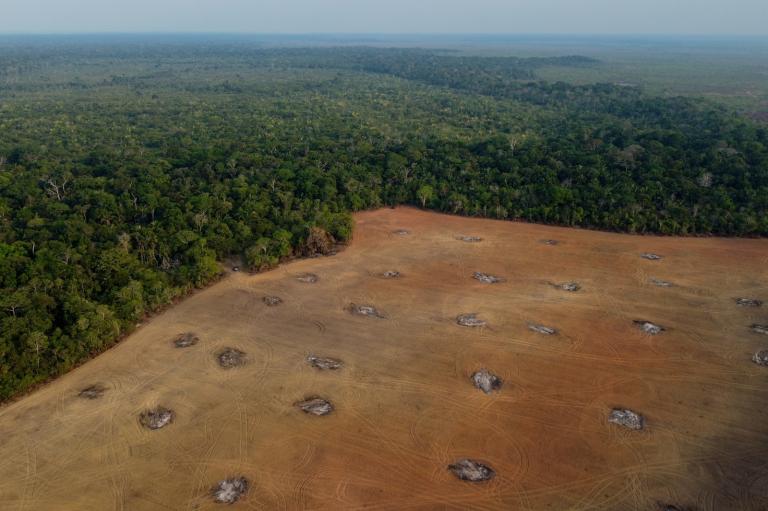The American Coalition for Clean Coal Electricty (ACCCE) has led efforts to perpetuate the myth that coal can be clean. Now it turns out they are responsible for forging opposition to a strong climate bill.
According to E&E News, the American Coalition for Clean Coal Electricity (ACCCE) is the culprit responsible for hiring Bonner & Associates, the DC-based firm busted late last week for forging letters – ostensibly from NAACP and a Virgina network of Hispanic groups – opposing the US House climate bill (ACES.)
According to E&E’s story today,
“The group American Coalition for Clean Coal Electricity acknowledged this afternoon that it had contracted Bonner & Associates earlier to perform “limited outreach,” but the advocacy group denounced the firm’s actions.”
This makes our discovery that ACCCE changed their lobby disclosure report for the 2nd quarter of this year even more interesting. As I mentioned in that post, ACCCE initially reported a whopping $11,317,625 for lobbying on climate issues in the US House and Senate (Original PDF here); then four days later ACCCE submitted a revised report, showing just $544,853 in lobbying expenses (Amended PDF here.)
That’s over $10.5 million that ACCCE suddenly realized it didn’t want to report as direct lobbying. At first, we figured that must have been tv advertising. But now we have to wonder – maybe that money has something to do with Bonner and Associates?
And that raises a second question. It doesn’t seem likely that Bonner’s firm would have generated fake opposition in just one Congressional district. So who else got fake letters?
House Energy and Environment Subcommittee Chair Edward Markey announced his committee would investigate the matter late last week, and the Sierra Club and MoveOn teamed up to call for a Justice Department investigation.
But if ACCCE wants to come clean, it doesn’t need to wait for Congress or the Department of Justice. ACCCE should disclose what other members of Congress it asked Bonner to focus on, and how much it paid the firm for its dirty work.
A version of this post originally appeared at NRDC’s Switchboard.


